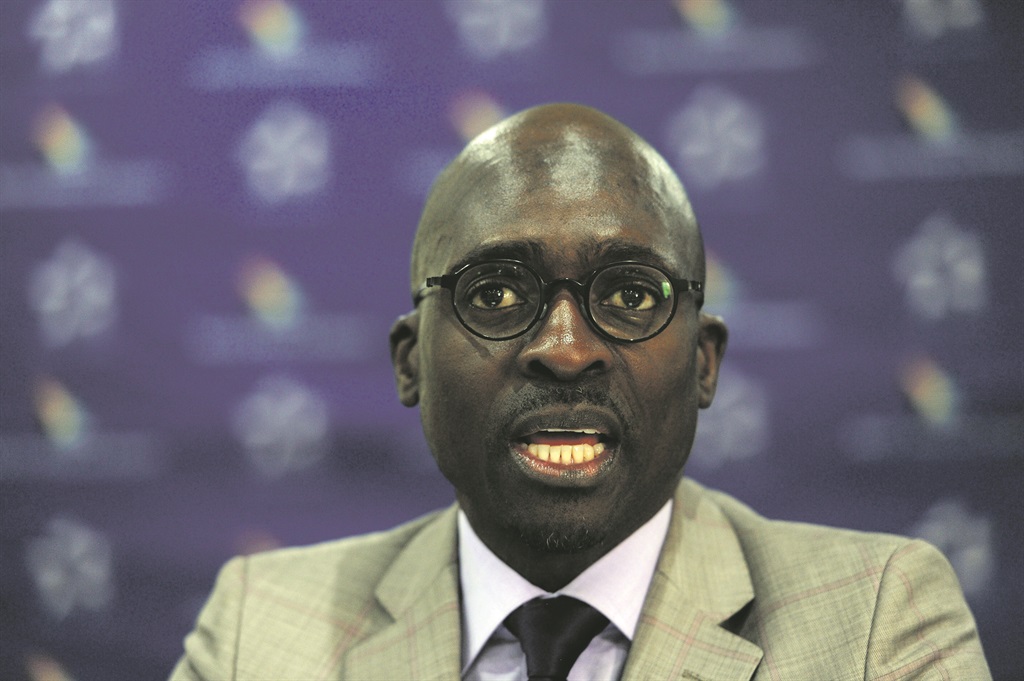
The question on everyone’s lips ahead of the budget review scheduled for next week is whether the finance minister will announce an increase in the VAT rate and, if so, what that increase will be.
A hike in the VAT rate seems a quick and easy win to plug the ever-widening shortfall – the approximate gain from a 1% increase is about R22 billion.
Has the time therefore not come to accept the inevitable? Besides the usual adjustments to personal income tax for fiscal drag, closing tax loopholes or the introduction of a new tax (on what? one may ask), what options do the minister of finance have with regard to VAT?
One option is to consider the removal of the zero rating on certain items, for example fuel, as was mentioned in the 2017 budget review.
Passenger transport would be the industry most affected because VAT cannot be deducted by the likes of bus and taxi operators.
The immediate effect would be an increase in the cost of public and private passenger transport, which can least be afforded by the majority of South Africans.
The second option would be to reconsider the current list of zero rated foodstuffs.
Consumption patterns of poorer households in all likelihood have changed over the years and removing those items that are not generally consumed by such households could result in a nominal gain to revenue.
Similarly, consideration would have to be given to including foodstuffs which are now consumed by the poor.
However, merely increasing the current list of zero rated foodstuffs without removing items not consumed by the poor will undo the purpose of increasing the rate, which is to raise revenue.
Multiple VAT rates could also be considered, the purpose of which would be to provide for a higher rate on those items that are purchased by the wealthy.
Again, the revenue gain to be achieved would be nominal.
Most importantly though, the use of multiple VAT rates is an archaic means of trying to reduce the almost inherent regressive nature of the VAT.
It is evident though that the above-mentioned options are not enough. Dramatic action is needed, which leaves the last and only option of a rate increase.
Increasing the rate by at least 2% and limiting the list of zero rated foodstuffs will bring in the much needed revenue.
However, a rate increase and its effect on the poor cannot be ignored.
Options to alleviate the effect on the poor in addition to an amended zero rated list of foodstuffs, include an increase in the value of social grants to eliminate the additional VAT cost to be borne by poorer households.
With regard to those lower income earners who are employed but who are not beneficiaries of social grants, relief via personal income tax can be considered.
But what about the unemployed who are not beneficiaries of social grants?
There would be no mechanism to provide relief and this may well be the biggest stumbling block to a rate increase.
The only way to alleviate the additional VAT cost is therefore to ensure that the list of zero rated foodstuffs accurately reflects the consumption trends of those most impacted by the increase.
The first interim VAT report of the Davis Tax Committee concluded that “it is clear that there is a trade-off between efficiency and equity. Raising VAT will have a (albeit very small) negative impact on inequality, but will be much more efficient than an increase in direct taxes. It is also important to consider the longer-term: increases in direct taxes dampen growth, which in turn leads to reductions in tax revenues and constrains the ability of the state to reduce inequality through the expenditure side of the budget…”
The minister ought to have by now considered the options discussed above.
In addition, the reality of the current political environment together with looming elections next year, have to now be weighed up against the reality of a major revenue shortfall.
Budget day will ultimately reveal which factors took precedence.
• Lesley O’Connell is a VAT and indirect tax partner at PwC South Africa.




 Publications
Publications
 Partners
Partners








